More churches and ministries are doing background checks on potential employees these days than ever before. Why? Here are just a few of the reasons:
Studies show that 30-40% of all job applicants put false information on their resumes or applications, and “exaggerate” their qualifications during interviews. Can you blame employers for wanting to verify claims made by desperate job seekers?
Lawsuits for “negligent hiring” are on the rise. If an employee’s actions hurt someone, the employer may be liable. So when considering an applicant, it’s in the church’s best financial self-interest to find out if that person has done anything in the past which might indicate future problems.
Child abuse and abductions have resulted in the need to require criminal background checks for anyone who works with children and youth.

Type of Background Checks
The types of background checks churches do usually depend on the position, but they typically include the following:
National Criminal & Sex Offender Database Search
A national database search provides you with a database of over 2.5 billion criminal and sex offender records.
County & Statewide Criminal Records
These types of background checks are commonly part of an employee background check. Many churches will run this type of background check along with a national criminal & sex offender database search. A record search at the county level will reveal previous arrests and convictions. In general records of an arrest more than seven years old are not reported (the seven-year limit may not apply to criminal convictions, depending on your state).
Motor Vehicle Records
Churches check motor vehicle records when positions involve the operation of church vehicles and equipment.
Employment Verification
Often a potential employer will contact an applicant’s past employers to confirm dates of employment, final salary, and other limited information.
Education Verification
This is done to verify degrees and certifications listed on resumes or applications to include name, address, dates of attendance and degrees earned.
Credit Checks
This type of check (sometimes called a “consumer report”) is most often done by churches where employees have access to money, sensitive personal and financial information. Some churches also use credit history to gauge the level of responsibility (is the applicant reliable in paying bills, if not, will they be a reliable employee). In addition to payment history, a credit report typically includes information about former addresses and previous employers. Employers can use this as one way to verify the accuracy of information you provide on an application or resume.
Under federal law, the employer must obtain the applicant’s written authorization before the background check is conducted.
Learn more about our Individual Background Check Services.
Sign Up For Info And Free Video Series
Don't Put Your Children Or Organization At Risk!
Don't take our word for it!
Here's what others are saying about Protect My Ministry
